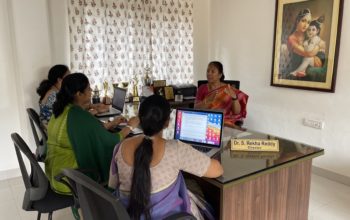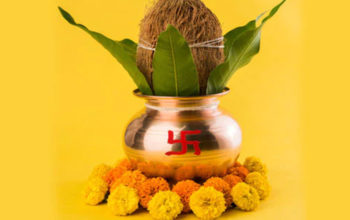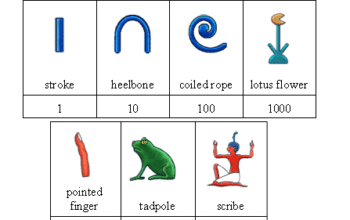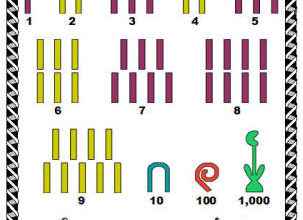Developing responsibility in children is crucial for their growth and success. This guide offers age-appropriate tasks to foster independence and character, from simple chores for toddlers to complex responsibilities for adolescents. Despite the Indian tendency to avoid letting children do small tasks, practical engagement is essential, especially in real-life kitchen activities
Category: Education and World
blogging related to general education, or world
The Hidden Dangers of Friendship Parenting for 5-Year-Olds
Friendship parenting can blur boundaries, leading to discipline issues, emotional stress, and impaired social skills in 5-year-olds. Striking a balance between being supportive and maintaining authority helps children develop independence, confidence, and respect for rules. Clear guidance and positive discipline create a nurturing environment essential for healthy growth.
Early Childhood Education Through the Ages
Join us on a fascinating journey through the historical landscape…
Two Valuable Lessons for School Founders
I want to share two lessons that I learnt in my 30 years of professional life. I hope my lessons will help the school founders who have difficulties trusting others and letting go and who are offended when called businessmen/women.
World of Englishes
In Indian culture, we have the word – ‘kalash’. For a person outside our culture, kalash is just a vessel of water with a coconut and leaves. But for Indians, it is a symbol of prosperity, fortune and prolificacy, and weddings and festivals are incomplete without a kalash. It is so important that the tumbling of Kalash is considered to be inauspicious and even a bad omen. This symbolism cannot be transferred through mere translation of words.
Philosophy of Education
Philosophy of education is a branch of philosophy that addresses philosophical questions concerning education’s nature, aims, and problems.
Impact of Colonialism on Indian Education
Those who got educated in English came to know about their own culture and realised the necessity of imbibing its spirit through the knowledge of English. One among these is Raja Rammohan Roy. From his letter, we come to know that there was some amount of money issued for the education of Indians. Governor William Pitt decided to use that money for some other purpose other than education. The same thing is mentioned in Macaulay’s Minutes of 1835.
History of Counting – II
We use counting in our day to day life. We count the number of idlies we eat, the number of glasses of water we drink. We count the money to buy chocolate in the shop. We count the number of eggs the hen laid. We count the number of books to take to school. We count the number of kilometres to reach the city. We use counting so much that we take it for granted. We forget that the method of counting we use today has to be invented. It took many centuries for counting to reach the present form.
History of Counting: I
Counting is an essential part of our life. Our day begins with counting and ends with counting. We count the number of apples we eat and litres of milk we buy. We count the money to buy chocolate and kilometres we need travel to reach the city.
Good Karma Bad Karma
Have you ever wondered why some people are poor, some are rich, some are healthy, and some are sick; some are lucky, fortunate and happy while others appear unfortunate, unlucky and sad? The answer to all these questions lies in the Karma we have accumulated.









